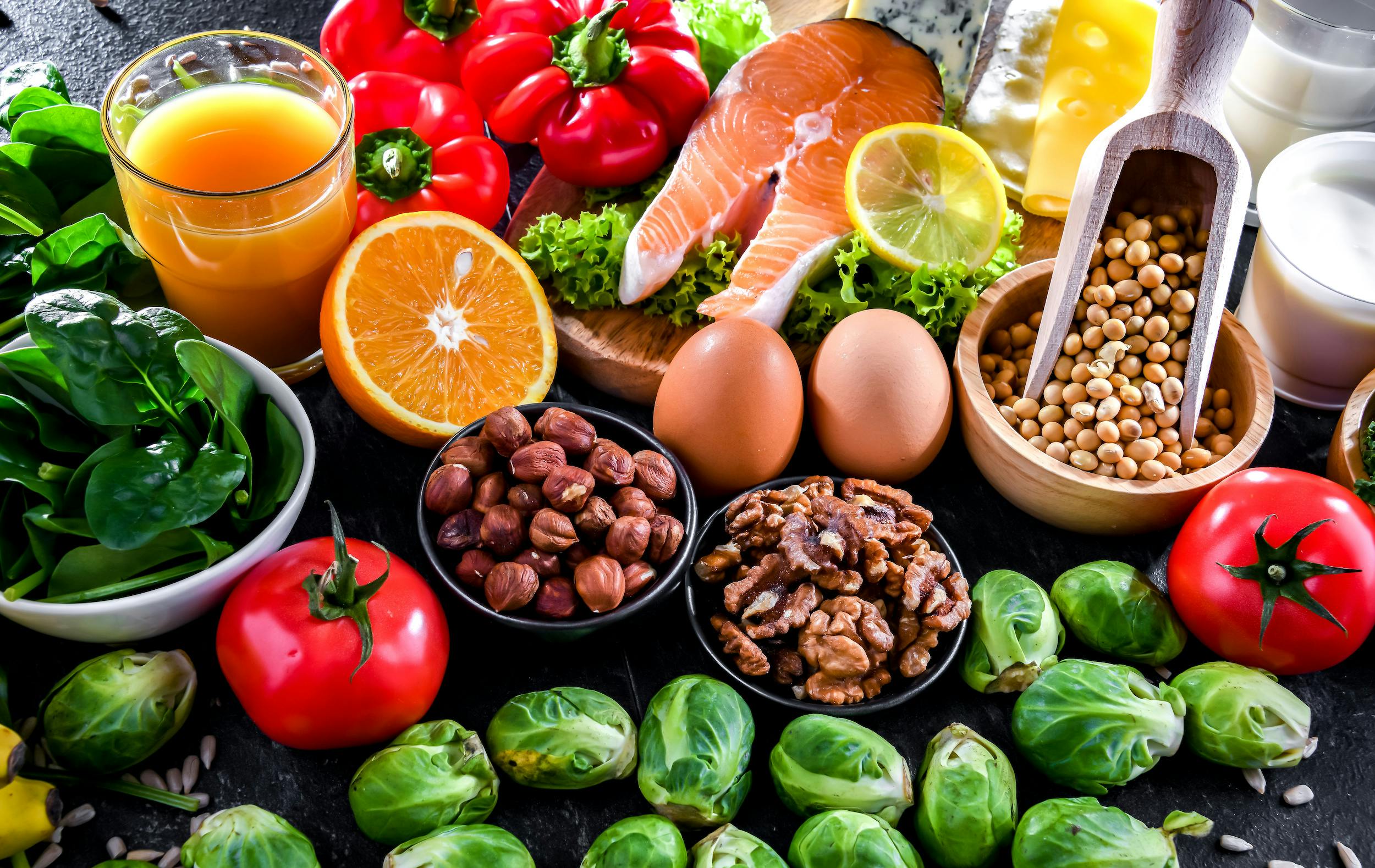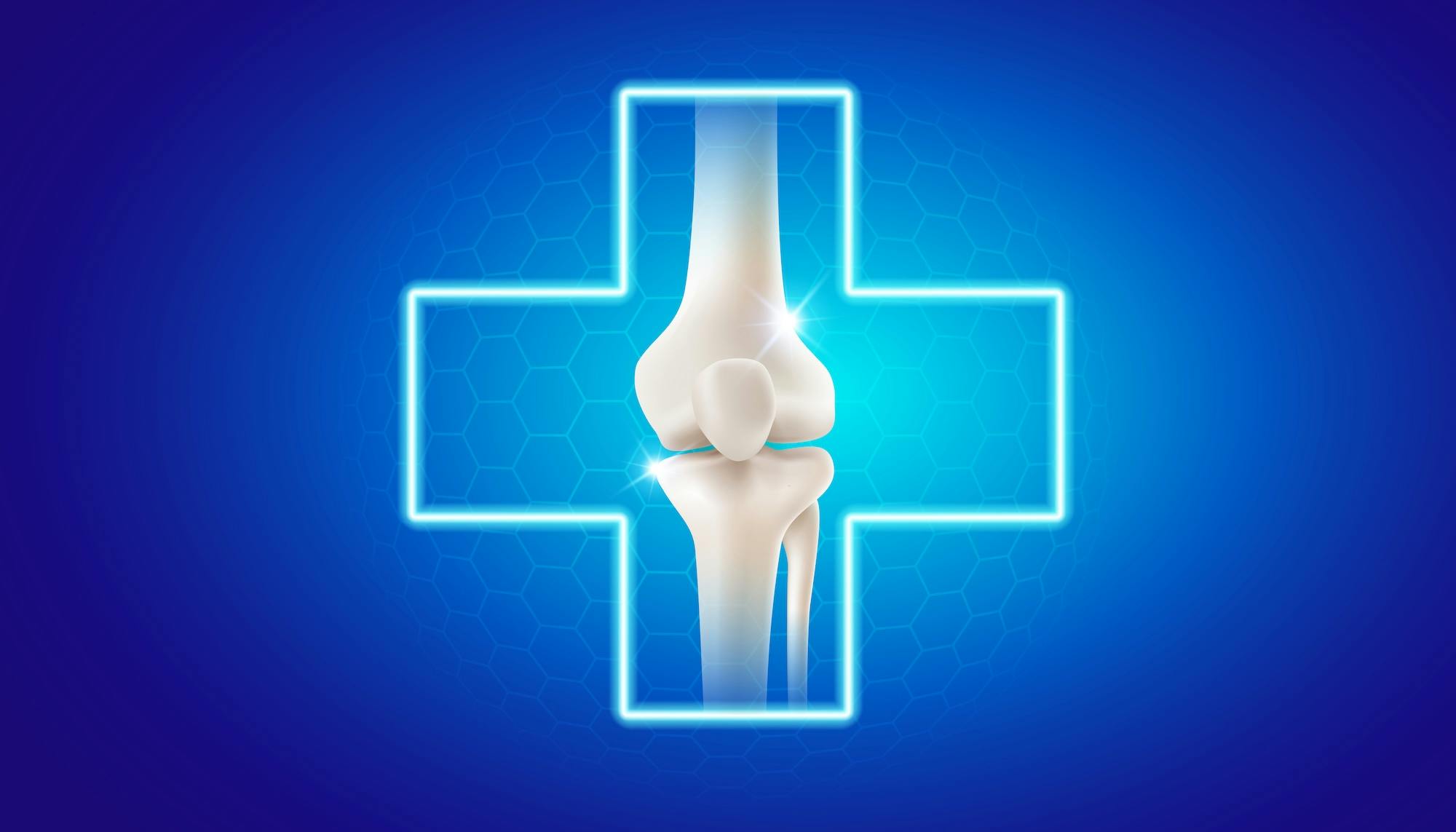- Blog
Nutrition and Better Bone Health
Posted on 04-16-2025 in Diet, Healthy Eating, Nutrition & Bone Health by Dr. Joshua Hackel

Posted on 04-16-2025 in Diet, Healthy Eating, Nutrition & Bone Health by Dr. Joshua Hackel
March is National Nutrition Month®, and as part of the conversation, the North Florida Bone & Joint team wants to emphasize the impact diet can have on your bone health. Before diving in, it's essential to understand the role the skeleton plays in your body. Specifically, the skeleton—and the bones its comprised of—serve the following functions:
According to the Academy of Nutrition and Dietetics, childhood and adolescence are the ideal time to focus on increasing bone mass. Considering most of us reach our peak bone mass between the ages of 25 and 30, building healthy bones at a young age helps prevent issues as we age.
A gradual loss of bone mass generally begins around age 35, with women ultimately losing 30% to 50% of their bone density while men lose 20% to 30%. By age 50, the National Institutes of Health (NIH) indicates that half of all Americans have "weak" bones. However, regardless of age or gender, diet management can help you develop a framework for healthy bones.
Here are a few key nutritional factors to consider as you make your way toward better bone health, according to the American Academy of Orthopaedic Surgeons (AAOS):
Don't forget that regular weight-bearing exercise is also vital to the health of your bones. Activities such as brisk walking and hiking, jogging and/or running, dancing, jumping rope, tennis, ping pong, pickleball, basketball, soccer, volleyball and stair climbing all stimulate bones and can ultimately help strengthen them.
If you are concerned with bone loss or have experienced a fracture or other musculoskeletal system issue, visit us online and learn more about Dr. Josh Hackel and the common conditions he treats. You can also complete our convenient online appointment request or call 850.916.3700 to schedule a visit.

At North Florida Bone & Joint Specialists, we’re committed to delivering convenient, expert care throughout the Gulf Coast. As part of that commitment, we’re excited to announce the expansion of our clinical office footprint. In March, we opened two new locations in Milton and Navarre, FL, further enhancing our ability to serve patients across Northwest Florida.

Valentine’s Day is all about love—so why not show your joints some love, too? Whether you’re an athlete, an active adult, or simply looking to maintain mobility as you age, taking care of your joints is essential for long-term health and well-being. At North Florida Bone & Joint Specialists, we believe that self-care isn’t just about relaxation—it’s about making intentional choices to keep your body strong, pain-free, and resilient. Here are four self-care tips to keep your joints healthy and moving with ease:

Pickleball is more than just a fun, fast-paced game—it’s one of the fastest-growing sports in the country. With its easy learning curve and appeal to players of all ages, it’s no wonder that pickleball courts are popping up in neighborhoods and recreation centers everywhere, including right here along the Gulf Coast.